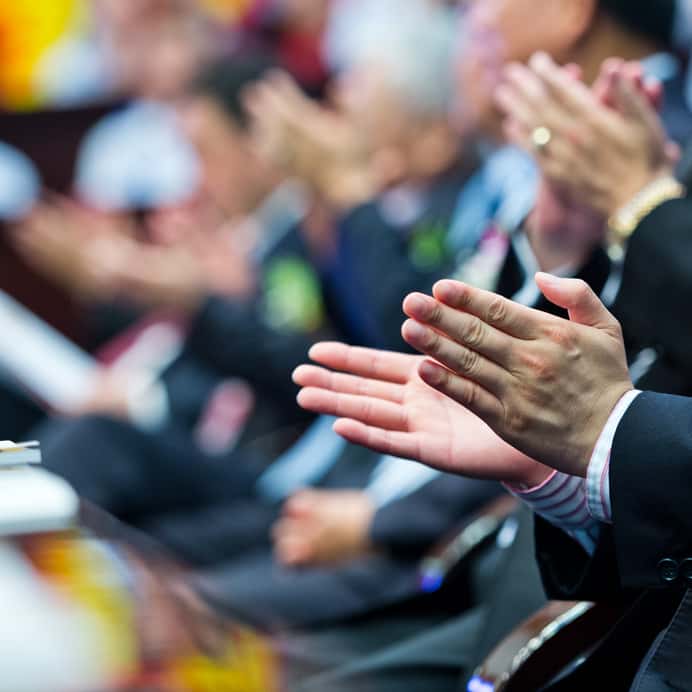The Alameda-Contra Costa Transit District (AC Transit) recently recorded 25,000 hours of continuous operation by a fuel cell electric bus (FCEB), breaking the 20,000-hour record set just two years ago.
According to AC Transit, these milestones have dramatically advanced alternative fuel vehicles by both proving the durability of hydrogen fuel cell in daily revenue service and remaining at least one year ahead of federal recommendations.
“The fuel cell manufacturer expected the onboard power plant to operate just 4,000 hours,” says AC Transit Board Director Chris Peeples. “But we’ve created a team of maintenance professionals who have been industry leaders in FCEB and zero-emission bus technology, proving FCEBs are a dramatic leap forward in meeting the Advanced Clean Transit Regulations target of operating all zero-emission buses by the year 2040.”
As reported, the U.S. Department of Energy and Federal Transit Administration established performance metrics and life expectancy for FCEBs. Traditionally, a public transit bus’ life expectancy is measured in terms of the number of miles on its diesel engine. A diesel engine’s life expectancy is six years or 250,000 miles before overhaul.
However, the FCEB reinvented the heavy-duty transit model, eliminating the harmful CO2 emissions of diesel engines with its zero-emission onboard power plant. Now, the life expectancy of the fuel cell power plant is measured in terms of hours. Once AC Transit’s FCEB#7 bus recorded its 25,000-hour milestone, it demonstrated the potential for fuel cells to meet the equivalent lifecycle expectancy similar to a diesel engine.
“Since 2001, AC Transit’s FCEBs continue to prove that there is a zero-emission alternative to diesel engines with near identical durability,” says California Air Resources Board Chair Mary D. Nichols. “The 25,000 hours of AC Transit’s FCEB says to public transit agencies around the state alternative fuel vehicles can and will accomplish the heavy demands of daily service while meeting CARB’s efforts to curtail air pollution statewide.”
FCEB #7 is one of 13 zero-emission buses operated by AC Transit. The National Renewable Energy Laboratory (a national laboratory of the U.S. Department of Energy Office of Energy Efficiency & Renewable Energy) documents a series of successes of the AC Transit FCEB fleet, including the following:
- The FCEB fleet operated 2,057,099 miles and accumulated 248,546 hours on the fuel cell power systems since being placed into service;
- AC Transit has safely fueled its FCEB fleet 3,428 times with more than 76,932 kg of hydrogen fuel;
- The fleet leading FCPP (Fuel Cell Power Plant) has surpassed 25,000 hours of operation in a public transit operating environment; and
- The FCEBs have experienced less brake wear compared with the conventional diesel buses. Only five out of the 13 FCEBs have had brake relines since being placed in service. The highest-mileage bus that has not had a reline has surpassed 160,000 miles. The FCEBs benefit from regenerative braking.
“The record-breaking success of FCEB #7 underscores the importance of the recently announced Fuel Cell Electric Bus Commercialization Consortium (FCEBCC),” says Dan Raudebaugh, executive director of the Center for Transportation and the Environment (CTE). “The FCEBCC will deploy 20 zero-emission fuel cell electric buses between northern and Southern California. CTE is excited to provide project management oversight for this important project that demonstrates there is a clear business case for industry to invest in clean innovative technologies.”
To better demonstrate AC Transit’s trailblazing work in the proactive use of zero-emission buses for daily revenue service, an FCEB traveled to Reno, Nev., in support of the APTA 2017 Bus & Paratransit Conference.
As a result, one of the 13 fuel cell buses drove 224 consecutive miles, virtually nonstop, in rain and snow flurries. In fact, the FCEB averaged 10.91 miles per gallon and completed the Reno drive in just over five hours, demonstrating how zero-emission hydrogen fuel cell buses can be a one-for-one replacement for diesel or compressed natural gas coaches.





